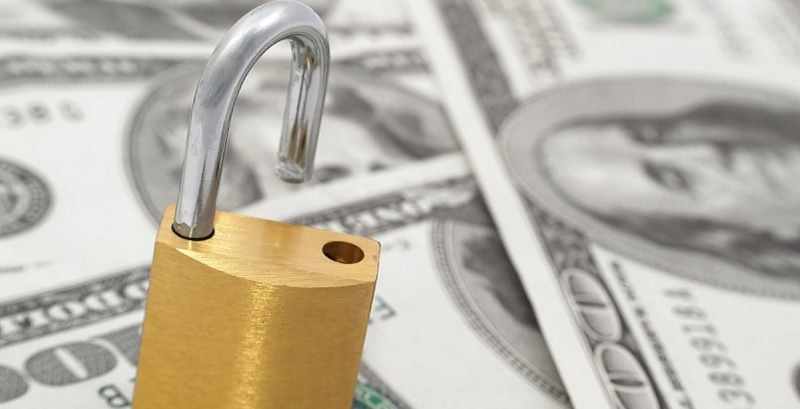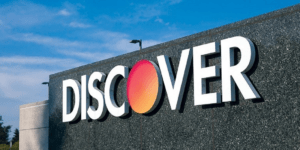
If you want a safe and easy way to get a return on your money, then consider opening a certificate of deposit, or CD, account. CDs often give some of the highest interest rates among bank accounts and are federally insured, unlike traditional investments such as stocks and bonds. Continue reading to learn how to open a CD account.
| Service Credit Union | 4.25% APY 9-Month CD | Review |
| Western Alliance Bank | 4.50% APY 3-Month CD | Review |
| Western Alliance Bank | 4.40% APY 6-Month CD | Review |
| First Tech Federal Credit Union | 4.35% APY 13-Month Share Certificate | Review |
| Sallie Mae | 4.35% APY 10-Month CD | Review |
| Western Alliance Bank | 4.25% APY 12-Month CD | Review |
| Ponce Bank | 4.25% APY 3-Month High Yield CD | Review |
| Sallie Mae | 4.25% APY 14-Month CD | Review |
| Ponce Bank | 4.15% APY 4-Month No-Penalty CD | Review |
| Live Oak Bank | 4.10% APY 12-Month CD | Review |
| Live Oak Bank | 4.10% APY 12-Month Business CD | Review |
| First Mid Bank & Trust | 4.08% APY 9-Month CD | Review |
| Alliant Credit Union | 4.05% APY 12-Month Certificate | Review |
| Discover Bank | Up to 4.00% APY CD | Review |
| Sun Canyon Bank | 3.87% APY 11-Month CD | Review |
| Western Alliance Bank | 3.85% APY 5-Month CD | Review |
| Quontic Bank | Up to 3.75% APY CD | Review |
| GreenState Credit Union | 3.65% APY 10-Month CD | Review |
| Blue Federal Credit Union | 3.55% APY 15-Month CD | Review |
| Blue Federal Credit Union | 3.50% APY 9-Month No Penalty CD | Review |
| CIT Bank | 3.50% APY 13-Month CD | Review |
| CIT Bank | 3.50% APY 11-Month No-Penalty CD | Review |
| Southwestern National Bank | 3.40% APY 8-Month CD | Review |
| Ponce Bank | 3.00% APY 1-Month High Yield CD | Review |
| CIT Bank | 3.00% APY 6-Month CD | Review |
| CIT Bank | 3.00% APY 18-Month CD | Review |
Find a CD That’s Right For You
The best way to figure out which banking product is right for you, no matter what it is, is to compare it to their competitors. CDs are no different. There are some special things you want to keep in mind when doing your research: the CD term, CD type and who owns the CD.
- CD terms generally range from three months to five years, so decide how long you want to commit to locking up your money.
- CD types also have variety, but regular CDs are the most common. You generally must seek out which banks offer specialty CDs such as no-penalty or add-on CDs.
- Single or joint account. As with other bank accounts, you can open a CD by yourself or with someone else, such as a spouse. Note that the Federal Deposit Insurance Corp. insurance limit, generally $250,000 per person, is doubled for joint accounts.
Choose How You’ll Apply
Similar to any other bank account, you can open your CD online, over the phone or in person at a branch. Some banks will actually encourage you to apply online and others require that you visit a branch for identification purposes, etc. If you are given the option to do it online, it is a quick process and can take anywhere from 10 to 20 minutes.
When you are getting ready to open your account, have at least two forms of identification as well as your residential address. Also, keep your contact information, including a phone number and email address on hand.
From there you will have two optiosn on how you want your interest to be dispersed: receive all interest at the end of a CD’s term or disburse regularly, such as monthly or annually. If you want to maximize interest, opt to receive it at the end.
Making The Opening Deposit
The final step in solidifying your CD, this step is also one of the most important. Unlike a savings account, you will not be able to continuously add money to your CD once the term starts.
You must put a sum of money at the beginning and you won’t be able to touch that money until the term ends. The channels in which you transfer money can be through linking another bank account to your CD, mailing a check or depositing a check.
 |
 |
Bottom Line
The best CD for you has a rate that can compete with other banks as well as the term that you want. If a CD doesn’t have one or the other, then look elsewhere.
The national average rate for CDs is 0.21% APY for one-year CDs and 0.45% APY for five-year CDs. For more posts like this, check out our list of the best CD rates and bank guides!
For ways to help add funds to your CDs, take advantage of these bank bonuses that offer you free money!
We recommend checking out the following accoutns:



